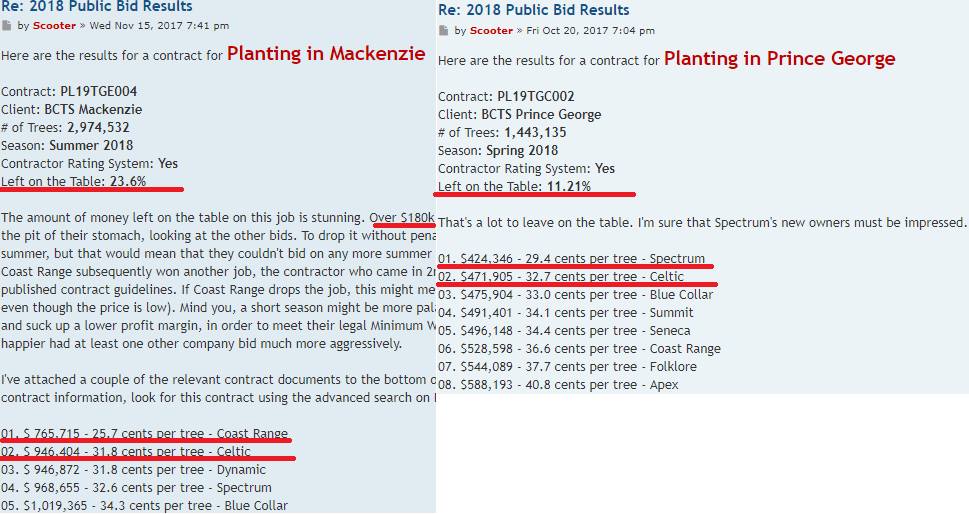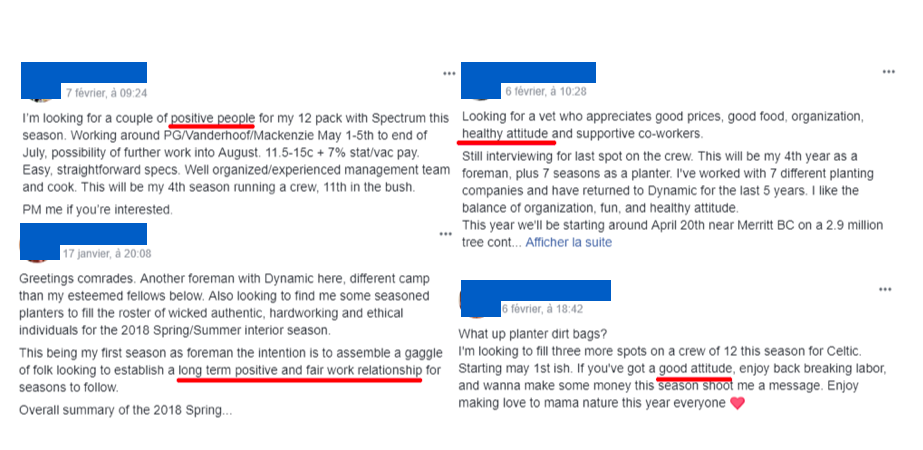Community worker : Why I manifest May 1
I work as involved in the community for several years. Before that, I had a lot of different jobs in several industries. Diver, telephone pollster, cashier, assistant cook, warehouseman, House painter, concierge, clerk, attendant customer service, name it.
Evil may have changed places, but the situation changed so much : I always have an employer who takes advantage of me. Except that this time, the employer, it has a "humanist" mission behind which hide. And if that is not the employer who directly want more of me for as little as possible, these are the donor, private or state.
I'm not alone. Women workers (and workers) Community do not have easy. Reasons to demonstrate and be disgusted es, it does us no shortage.
Conditions do not improve. Our wages are stagnating. Many are in survival mode for a paycheque to paycheque. and yet, we asked more. The State deresponsibilises : public services and the social safety net eat the fly, the people with whom we also work thereby, so we have to compensate with the means at hand.
The organizations financed keeps us always in precarious. Our posts are subsidized to "project", often for a year, with no guarantee of renewal. Thus humpback connect with people you help and accompany (because we work with human beings, often maganés), not knowing if in six months, and, we can continue. It is also disturbing to us as unhealthy for the relationship we are trying to keep up with the people who attend our resources.
It burns. As in the health system, cases of burnout are rampant. In almost all organizations I work with in my work, there is at least one person had been on sick off work in the last year. And when a person leaves, our workloads that increase, there are other workers or workers who shop burnout. This is the burnout musical ...
Fortunately, we are not alone-e-s. There is something to inspire the movement of nurses and employee-s health. There are voices. It is organized gradually. It's up to us to mobilize. Our best weapon is our solidarity, no matter where we work. Community organization, intervention, animation, everyone working together and we're in the same boat (He was ...). That is why, you work in the community, in health, restoration, in construction, etc., le 1er mai, I walk with you.
Solidarity,
A member of the Community Committee of the Union of Industrial Workers and Workers (SITT-IWW Montreal)






 In the last twenty years we have seen the generalization of precarious working conditions, flexible schedules and broken jobs, on call and on terms less interesting. This transformation of work and jobs corresponds to the employers' desire to bring workers to their knees and restore their profits by strengthening wage exploitation. The current economic crisis will further worsen the precariousness of employment and the flexibility of the workforce..
In the last twenty years we have seen the generalization of precarious working conditions, flexible schedules and broken jobs, on call and on terms less interesting. This transformation of work and jobs corresponds to the employers' desire to bring workers to their knees and restore their profits by strengthening wage exploitation. The current economic crisis will further worsen the precariousness of employment and the flexibility of the workforce..